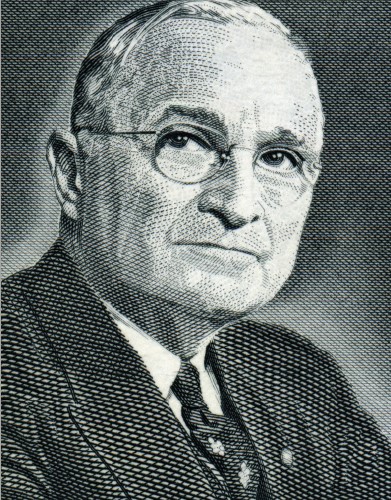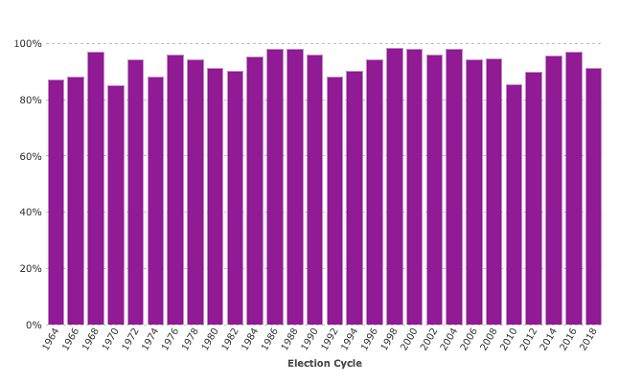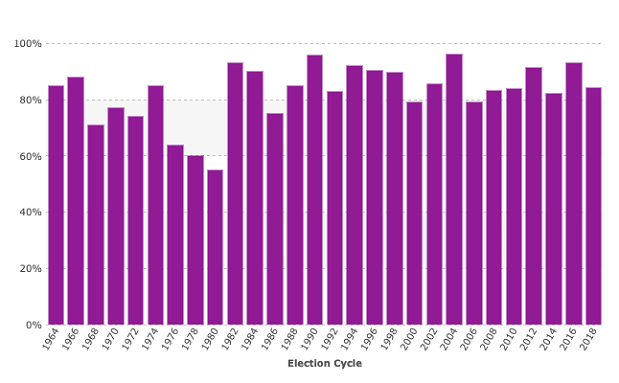Universal Term Limits
Supporting Local Law Enforcement
The Parent Party recognizes that the best way to implement change in democratic government is to elect new candidates with fresh ideas to office. However, many of the current elected officials that impact educational policies are not subject to term limits. This discourages prospective candidates seeking real reform from running for office.
As parents and citizens, it is in our best interest to support policies aimed at encouraging the reinstatement of the citizen legislature.
Through legislation that limits the number of terms elected officials are able to hold their seats, we can reduce the monopoly that incumbent candidates enjoy in elections and encourage more citizens to run for office, giving voters the chance to elect new and more diverse candidates.
Public opinion has long been in favor of imposing term limits, especially with regards to the United States Congress, but no amendments have been passed to actually impose these limits, according to John David Rausch, Jr. of Texas A&M University:
“The failure of term limit legislation in Congress cannot be attributed to a lack of popular support for term limits. Public opinion data demonstrate that the idea has had popular support since the 1940s. Except at one point in 1955, the public has supported the concept of congressional term limits. However, not until the 1990s has public opinion been as overwhelmingly in support of term limits. Term limit advocates make a proper claim when they argue that ‘everyone (except incumbent officeholders) supports term limits.’”
John David Rausch, Jr., Texas A&M University

As recently as 2018, a McLaughlin & Associates survey asked the public “Do you approve or disapprove of a Constitutional Amendment that will place term limits on members of Congress?” According to this survey, “support for term limits is broad and strong across all political, geographic and demographic groups. An overwhelming 82 percent of voters approve of a Constitutional Amendment that will place term limits on members of Congress.”
This clear and growing public support reflects the advantages that many voters feel accompany term limits.
One of these benefits is in the form of fundraising. As it stands, the number one determinant of electoral success is money. Term limits provide prospective candidates with a legitimate shot at raising money, something most currently do not enjoy.
On average, incumbents in Congress can raise five times as much as their challengers, amounting to a per-race financial advantage average of nearly $600,000. Challengers on the other hand have to spend most of their free time begging interest groups for donations.
A well-funded campaign is the only way for a challenger to gain name recognition in a race. The Center for Responsive Politics estimates the cost of beating a U.S. House incumbent to be a whopping $1.5 million!
The financial advantage of incumbents creates an electoral system where very few activists and outsiders can even contemplate running for office. Even if they possess the qualifications to serve, they don’t have the financial connections necessary to challenge an incumbent. Term limits will result in more competitive, open-seat elections in which all candidates have a fair shot.
In addition to leveling the playing field in terms of fundraising, term limits would allow for less senior members of Congress and state legislatures to hold leadership roles. This would mean an infusion of new talent in the halls of Congress and in statehouses across the country. All members would then be empowered to make a difference, not just those with long tenures.
The Parent Party believes that term limits should reach beyond the congressional and state levels to the seats of local school boards. The benefits of new talent in governing roles would be even more impactful in local offices like these.
Universal term limits support the mission of the Parent Party by encouraging new candidates to make their voices heard in all levels of government. When the average citizen feels empowered to run for office, they are able to take with them the concerns of their fellow citizenry, ensuring that change occurs to fulfill the needs of a specific community.
With universal term limits, parents and guardians will have an increased pool of candidates to elect to local school boards, county boards, state legislatures, and all the way up to the halls of Congress.
Former President Harry S. Truman
“Term limits would cure both senility and seniority – both terrible legislative diseases.”




